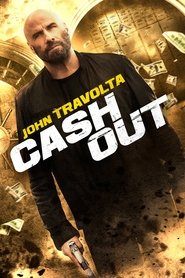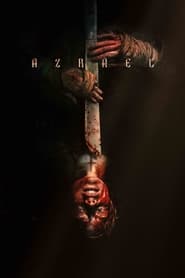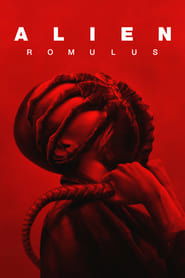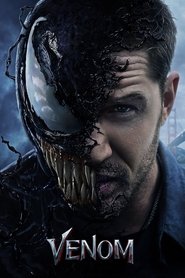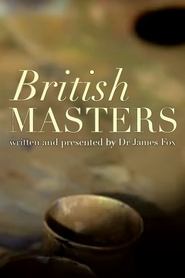
British Masters - Season 1 Episode 3 A New Jerusalem
Three-part series in which art historian James Fox explores 20th-century British art, a period he considers an extraordinary flowering of genius. In the decades after the Second World War, at a time when many had lost their faith in humanity, British artists turned to the great figurative painting tradition to address the biggest questions of all: what does it mean to be human and how do we create a more humane world? Such existential angst is captured in Lucien Freud's harrowing early portraits and Graham Sutherland's Pembrokeshire landscapes. Francis Bacon stared deep into his own soul to explore the human capacity for evil, while Richard Hamilton warned against the false hope of consumerism. As national pessimism gave way to a new optimism, David Hockney dared to suggest Paradise might be available to us all. But in the early 1970s, just as the world finally began to recognise the genius of Britain's painterly tradition, young artists at home turned against it.
- Title: British Masters
- Year: 2011
- Genre: Documentary
- Country:
- Studio: BBC Four
- Director:
- Cast: James Fox
- Crew:
- Keyword:
- Runtime: 48 minutes
- IMDb: 0.00 / 10 by 0 users
- Popularity: 0.255
- First Air Date: Jul 11, 2011
- Last Air date: Jul 25, 2011
- Season: 1 Season
- Episode: 3 Episode
- Language: English
 Apple TV
Apple TV Google Play Movies
Google Play Movies Fandango At Home
Fandango At Home Netflix
Netflix Amazon Prime Video
Amazon Prime Video Amazon Video
Amazon Video MUBI
MUBI





